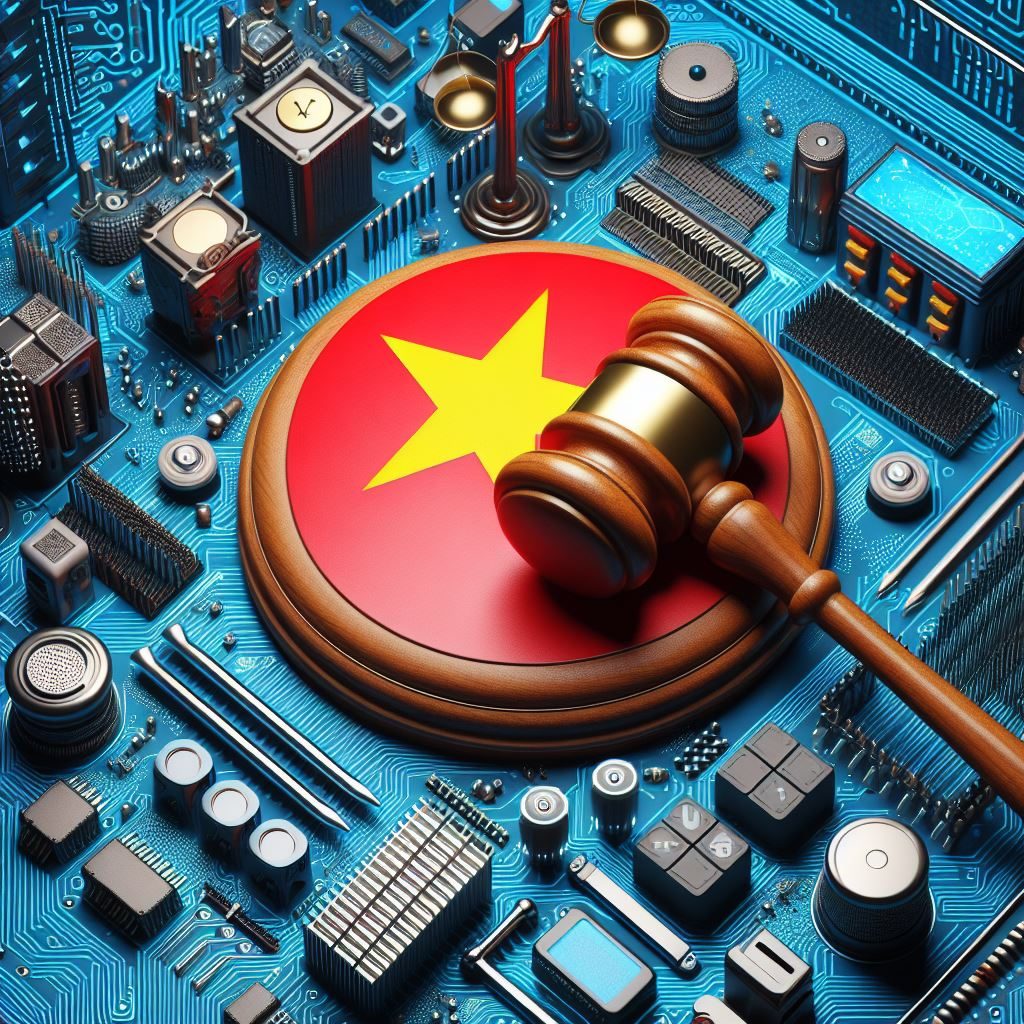In a bold step towards ethical and responsible technological progress, the European Union has introduced a set of stringent AI regulations, aimed at governing the development and deployment of artificial intelligence (AI) technologies. This development comes as the EU seeks to address growing concerns surrounding the ethical implications and potential misuse of AI systems, particularly in relation to data privacy and individual rights.
Regulating AI development
Under the new regulations, the EU introduces a series of measures intended to curtail the proliferation of AI applications that pose significant risks to individuals’ rights and freedoms. One notable provision includes the prohibition of AI systems that employ biometric categorization based on sensitive characteristics, such as race or gender, as well as the unauthorized scraping of facial images from various sources for the purpose of creating facial recognition databases. Also, the regulations outlaw the use of AI for emotion recognition in sensitive environments such as workplaces and educational institutions, along with social scoring and predictive policing methods that rely solely on profiling individuals or assessing their personal characteristics.
These restrictions reflect the EU’s proactive stance in safeguarding citizens’ privacy and autonomy in the face of advancing AI technologies. By imposing limits on the development and deployment of AI applications with potential ethical ramifications, the EU aims to mitigate the risks associated with the misuse of AI systems and uphold fundamental rights across member states. However, challenges remain in enforcing these regulations effectively, particularly given the rapidly evolving nature of AI technology and the globalized landscape in which developers operate.
EU’s new AI regulations – Navigating enforcement challenges
Despite the EU’s efforts to establish clear guidelines for AI development, concerns persist regarding the enforceability of these regulations in practice. While the new rules empower EU officials to take action against AI applications that violate established guidelines, the retrospective nature of enforcement means that certain AI tools may evade scrutiny until after their release. Also, the emergence of alternative distribution channels could enable developers to circumvent regulatory oversight, potentially undermining the efficacy of the EU’s regulatory framework.
The disparity in regulatory approaches between the EU and other jurisdictions raises questions about the competitiveness of EU developers in the global AI market. As developers outside the EU are not bound by the same regulatory constraints, there exists a risk of uneven playing fields, wherein EU developers may face limitations that hinder their ability to innovate and compete effectively on a global scale. This disparity underscores the need for coordinated international efforts to establish common standards for AI development and deployment, ensuring a level playing field for developers while upholding ethical principles and safeguarding individual rights.
As the EU takes decisive steps to regulate AI development, questions linger regarding the feasibility and effectiveness of enforcing these regulations in a rapidly evolving technological landscape. The emergence of AI technologies poses complex challenges that demand nuanced regulatory responses, balancing innovation with ethical considerations and individual rights. Moving forward, the EU must navigate these challenges diligently, collaborating with international partners to establish harmonized standards for AI development while fostering innovation and protecting societal values. How can the EU effectively address the enforcement challenges associated with regulating AI development in a globalized context, while ensuring a level playing field for developers and upholding fundamental rights across member states?





